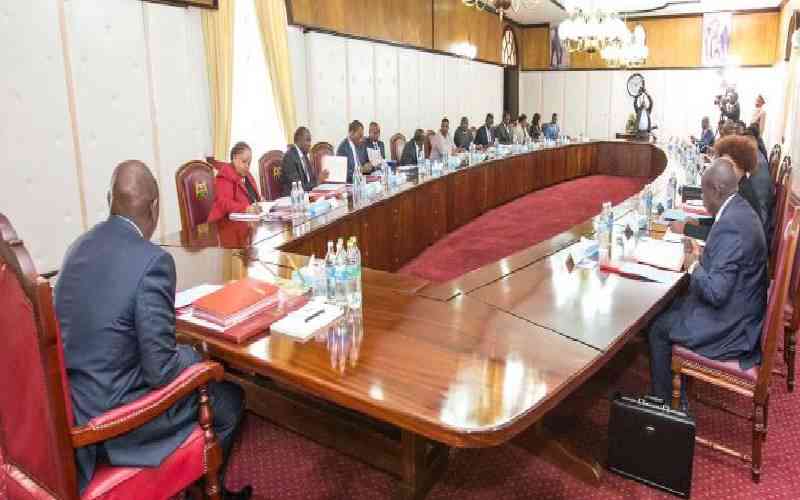×
The Standard e-Paper
Join Thousands Daily

Formed under the umbrella of the United Democratic Alliance (UDA), President William Ruto's government has shown that it is anything but united in many of its governance policies.